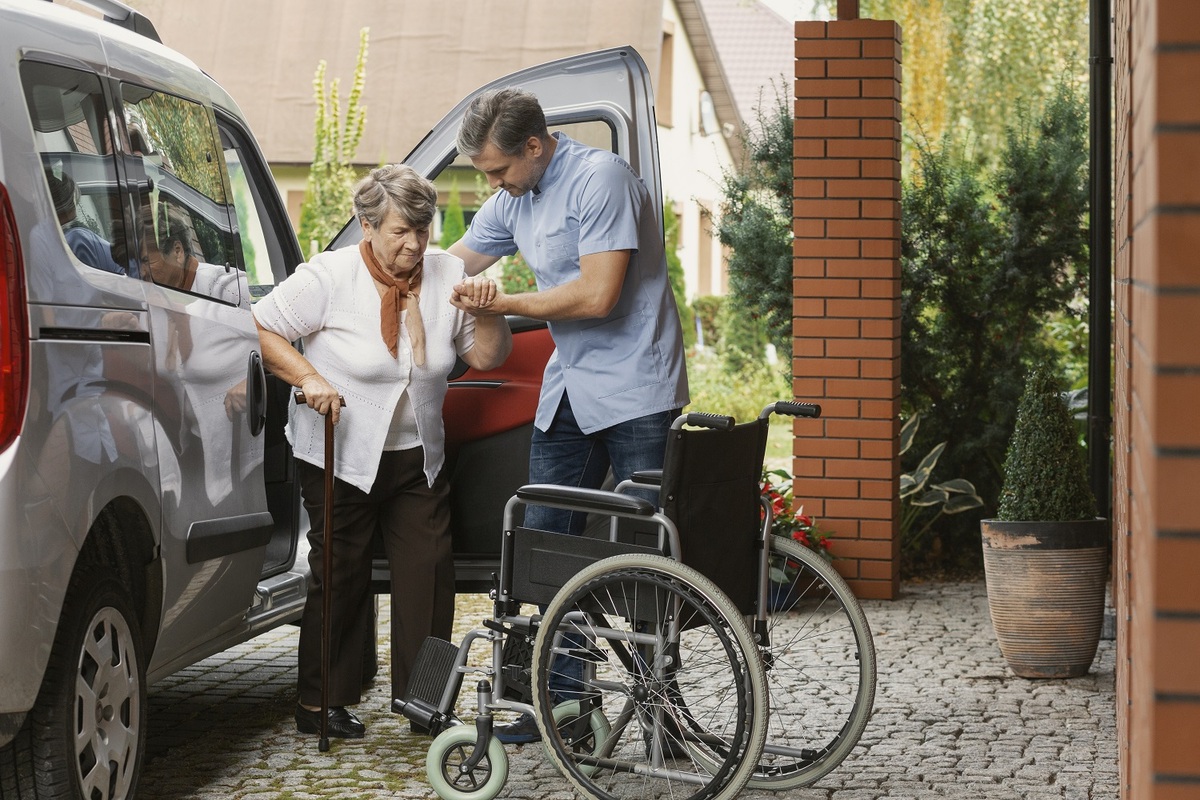Music therapy offers numerous benefits for seniors, significantly enhancing their quality of life. Engaging with music can stimulate cognitive function, improve emotional well-being, and provide a source of joy and comfort. Seniors participating in music therapy often experience reduced anxiety, improved mood, and enhanced social interaction. Integrating music therapy into senior home care routines may be particularly effective. Live in care professionals and reside in care agencies recognize the positive impact of music therapy and often incorporate it to their caregiving strategies to foster a supportive and enriching environment for seniors. One of the very significant great things about music therapy for seniors is cognitive stimulation. Music engages multiple regions of mental performance, which can help maintain and even improve cognitive function in older adults. This is very very theraputic for seniors with dementia or Alzheimer’s disease, as music can trigger memories and provide an expression of familiarity and comfort. In the context of 24 hour care at home and 24 hour home care, caregivers can use music therapy to produce a stimulating environment that promotes mental engagement and reduces the progression of cognitive decline. Emotional well-being is another area where music therapy excels. If you are looking for more information on 24 hour home care, click on the earlier mentioned website.
Music has the energy to evoke emotions and memories, providing a store for expression and emotional release. Seniors often experience feelings of isolation or depression, and music therapy might help alleviate these emotions by fostering a feeling of connection and belonging. Are now living in care providers, particularly those associated with 24 hour care in home, can utilize music to produce a soothing and positive atmosphere, helping seniors manage their emotions more effectively. This emotional support is a must for maintaining overall mental health and well-being. Music therapy also plays an essential role in social interaction for seniors. Group music therapy sessions encourage seniors to communicate with each other, fostering a feeling of community and reducing feelings of loneliness. This social aspect is required for seniors who could have limited opportunities for interaction. Reside in care agencies often organize group activities, including music therapy, to promote social engagement amongst their clients. In settings such as home respite care and private respite care at home, music therapy can be quite a valuable tool for bringing seniors together and enhancing their social connections. For seniors recovering from illness or surgery, music therapy can be an important component of home care after hospital discharge. It offers a non-invasive and enjoyable way to aid physical rehabilitation and pain management.
Listening to or participating in music can distract from discomfort and encourage movement, which is very theraputic for recovery. Caregivers providing after hospital home care or after hospital care in the home can incorporate music therapy into their care plans to assist in the healing process. This holistic approach ensures that seniors receive comprehensive support during their recovery. In addition to its cognitive, emotional, and social benefits, music therapy also can enhance the overall caregiving experience. Reside in respite care providers can use music therapy as a tool to build rapport with seniors and create a more engaging and supportive environment. Music can serve as a common ground, helping caregivers connect with their clients on a greater level. This connection is particularly important in 24 hour home care settings, where continuous care and companionship are essential. By integrating music therapy into their care routines, caregivers can provide a far more personalized and fulfilling experience for seniors. In conclusion, music therapy offers a multitude of benefits for seniors, from cognitive stimulation and emotional well-being to social interaction and physical rehabilitation. Incorporating music therapy into senior home care routines, whether through reside in care or 24 hour care in the home, can greatly enhance the standard of living for seniors. Are now living in care agencies and caregivers play a crucial role in implementing music therapy, creating a supportive and enriching environment that fosters overall health and happiness for seniors.





